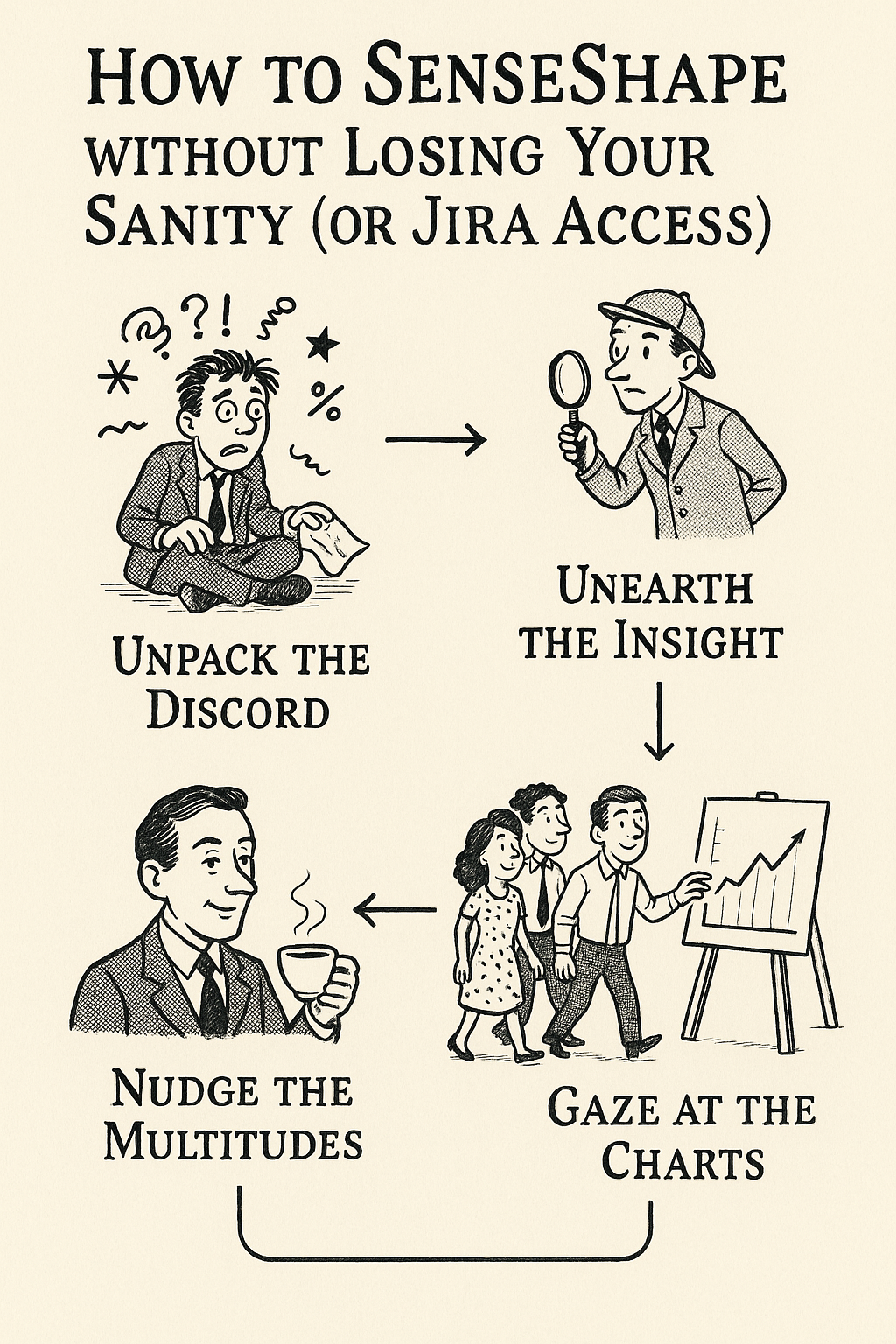Medium
3w
198

Image Credit: Medium
The Curious Case of the Indian Product Manager: From Bureaucrat to Sense-Shaper in the Age of AI
- In India, the role of Product Managers has evolved significantly, transitioning from Project Managers to Sense-Shapers focused on user needs and disruption.
- Aspiring individuals from various backgrounds were drawn to Product Management for its strategic value and versatility.
- Product Managers became crucial in tech companies, handling diverse tasks from design to debugging and managing stakeholders.
- However, with the rise of AI tools and automation, the relevance of Product Managers has been questioned in some circles.
- AI can handle tasks like competitive analysis and generating specs, but it lacks the human touch and sense-shaping capabilities of a skilled PM.
- The future of Product Management lies in combining AI automation with human-driven critical thinking, creativity, and a focus on meaningful impact.
- Senseshaping, the art of aligning diverse perspectives into a coherent product vision, is highlighted as a key skill for 21st-century PMs.
- Product Managers need to move beyond mere metrics and embrace the aspects of critical thinking, social responsibility, and senseshaping.
- Real-world examples from companies like Swiggy and Airbnb demonstrate the importance of sense-shaping in navigating conflicting interests and driving successful product strategies.
- SenseShaping involves social intelligence and emotional nuance, qualities that AI currently struggles to replicate effectively.
- Ultimately, Product Managers play a unique role in creating shared visions, harmonizing diverse inputs, and driving product success through human-centered approaches.
Read Full Article
11 Likes
For uninterrupted reading, download the app